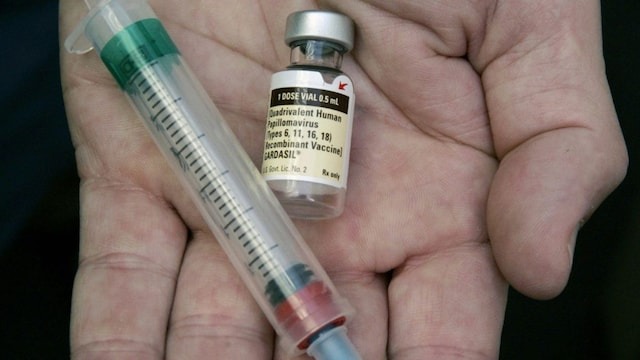
Miscarriage can be a deeply heartbreaking experience, both physically and emotionally. It occurs when a pregnancy ends spontaneously before the 20th week. While it is a common occurrence, the grief, guilt, and self-doubt that follow can be overwhelming. Many women experience anxiety, depression, and even post-traumatic stress disorder (PTSD), struggling with feelings of isolation, frustration, and pain.
To better understand the causes, risk factors, and coping strategies, Times Now Digital spoke to Dr. Mandavi Rai, Senior Fertility & IVF Specialist at Motherhood Fertility & IVF, Noida. She explained how emotionally taxing a miscarriage can be and provided insights into managing fertility after pregnancy loss.
Common Causes of Miscarriage
Miscarriage can happen due to several reasons, many of which are beyond a woman’s control. Some of the most common causes include:
1. Genetic Abnormalities
The leading cause of miscarriage is chromosomal abnormalities in the fetus. These genetic issues prevent normal development, leading to pregnancy loss.
2. Hormonal Imbalances
Conditions like thyroid disorders or polycystic ovary syndrome (PCOS) can affect hormone levels, making it difficult for the pregnancy to progress.
3. Infections and Chronic Illnesses
Certain infections, diabetes, and autoimmune diseases can increase the risk of miscarriage by affecting the mother’s immune response and overall health.
4. Lifestyle Factors
Smoking, excessive alcohol consumption, high caffeine intake, and chronic stress can contribute to pregnancy complications and increase the risk of miscarriage.
5. Maternal Age
Women over the age of 35 have a higher risk of miscarriage, as the quality of eggs declines with age, increasing the chances of chromosomal abnormalities.
Coping with the Emotional Impact of Miscarriage
A miscarriage is a real loss, and it’s important to acknowledge your emotions and allow yourself time to heal. Here are some ways to cope:
Talk About It: Open up to your partner, family, or close friends. Support groups can provide comfort and reassurance.
Seek Counseling: Therapy or professional counseling can help process grief and manage emotions.
Focus on Self-Care: A balanced diet, adequate sleep, and moderate exercise can aid in both physical and emotional recovery.
Try Relaxation Techniques: Yoga, meditation, and deep breathing exercises can help reduce stress and anxiety.
Medical Checkup: After a miscarriage, a doctor can assess if any underlying health conditions need to be addressed before trying to conceive again.
Managing Fertility After a Miscarriage
For women looking to conceive again, it’s essential to prioritize their health and well-being. Here are steps to boost fertility after miscarriage:
Consult a Doctor: Rule out any treatable conditions that may have contributed to pregnancy loss.
Maintain a Healthy Lifestyle: Eat a nutritious diet, avoid smoking, alcohol, and excessive caffeine, and stay physically active.
Manage Stress: Engage in stress-reducing activities like yoga or meditation.
Track Ovulation: Understanding your menstrual cycle and ovulation timing can help improve chances of conception.
Wait Before Trying Again: Doctors may recommend waiting one or more menstrual cycles before attempting another pregnancy, depending on individual health conditions.
Miscarriage is a painful and challenging experience, but healing is possible. It’s important to seek support, prioritize self-care, and consult a doctor to plan for a healthy pregnancy in the future. You are not alone, and with the right care and patience, you can move forward with hope.

 Desk
Desk Share
Share






